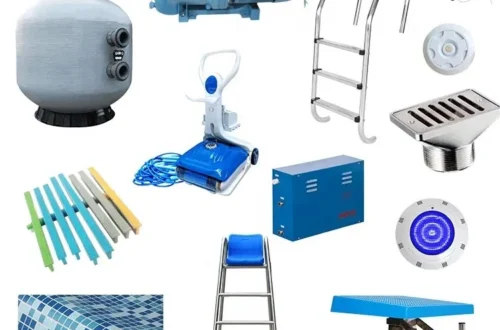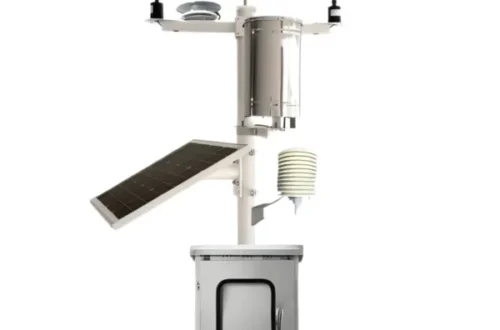The Ultimate Guide to Adult Diaper Machine Manufacturing and Efficiency
The Ultimate Guide to Adult Diaper Machine Manufacturing and Efficiency
In today’s rapidly growing hygiene products market, the demand for high-quality adult incontinence products is surging. Efficient manufacturing processes are crucial to meet this need while maintaining product reliability and affordability.
Core Components and Production Workflow
Modern adult diaper manufacturing involves sophisticated machinery that integrates multiple automated systems. These machines typically feature advanced absorption layer formation, elastic leg cuff application, and precision cutting mechanisms. The production line seamlessly combines non-woven fabrics, superabsorbent polymers, and breathable backsheets into comfortable, reliable products.
Optimizing Manufacturing Efficiency
Manufacturing efficiency begins with equipment selection and extends to operational protocols. High-speed adult diaper machine systems can produce 400-600 pieces per minute while maintaining consistent quality. Key efficiency factors include automated material feeding, real-time quality monitoring, and minimal changeover times between product variants.
Common Manufacturing Challenges and Solutions
Many manufacturers face issues with material waste, inconsistent sizing, or mechanical downtime. Implementing predictive maintenance schedules, using high-precision sensors, and training operators in troubleshooting can significantly reduce these challenges. Regular equipment calibration ensures consistent product dimensions and absorption performance.
Frequently Asked Questions
What production speed can I expect from modern equipment?
Advanced machines typically achieve 400-650 diapers per minute, depending on the model and configuration. Higher-speed models require more sophisticated control systems but deliver greater production volume.
How important is automation in diaper manufacturing?
Full automation is essential for competitive production. Automated systems reduce labor costs, minimize human error, and ensure consistent product quality throughout extended production runs.
What maintenance is required for optimal performance?
Regular maintenance includes daily cleaning, weekly lubrication, and monthly inspection of critical components. Following the manufacturer’s maintenance schedule prevents unexpected downtime and extends equipment lifespan.
Ready to Enhance Your Production Capabilities?
Investing in modern manufacturing technology positions your business for growth in the expanding hygiene products market. Contact our experts today to discuss how our advanced solutions can optimize your production line and boost your competitive advantage. Let us help you achieve manufacturing excellence with cutting-edge technology tailored to your specific requirements.


